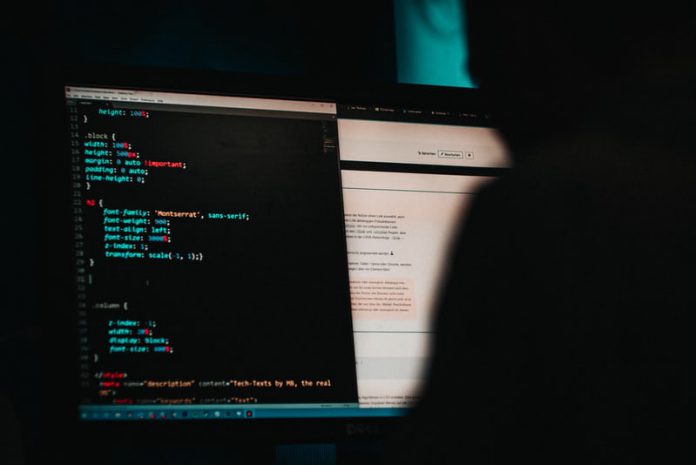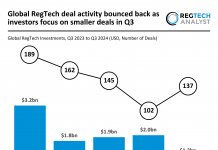Research by Check Point Software has identified that weekly cyber-attacks reached an all-time new high in 2021 with 50% more attacks recorded than the previous year.
In October 2021, Check Point Research – a research arm of the cybersecurity firm – reported a 40% hike in cyberattacks worldwide, with 1 in 61 organisations globally impacted by ransomware each week.
From mid-2020 throughout the whole of 2021, there was found to be an upwards trend in the number of cyberattacks, reaching an all-time high at the end of 2021 of 925 cyberattacks a week per organisation worldwide.
Education/research was the sector that was mostly badly hit by cyberattacks in 2021, with an average of 1,605 attacks per organisations every week – a 75% climb on the year prior. Trailing this was the government/military at 1,136 attacks a week – a climb of 47% year-on-year – and then the communications industry which experienced 1,079 attacks at a 51% year-on-year increase.
Geographically, Africa was hit hardest by cyberattacks, with the continent experiencing an average of 1,582 weekly attacks per organisation, which was a 13% incline from 2020. Africa was followed by Asia Pacific, which saw attacks climb 25% to 1,353 a week, then Latin America at a 38% increase with 1,118 attacks. Europe suffered 760 attacks weekly – hiking by a huge 68% compared to 2020 – followed by North America, who were hit by 503 attacks a week at a 61% increase.
Check Point underlined that one of the biggest challenges facing security practitioners is Gen V attacks, which is the combination of a wide plethora of threats, large scale attacks a broad attack surface.
The company said, “A security architecture that enables and facilitates a unified and cohesive protection infrastructure is going to provide more comprehensive and faster protection than an infrastructure comprised of pieces that don’t work together.”
Check Point also suggested that to achieve effective coverage from cyberattacks, organisations should seek a single solution that can cover all attack surfaces and vectors. Companies should also seek to maintain security hygiene by patching and segmentation, as well as educating employees to recognise potential threats.
In September 2021, a study by cybersecurity firm Tenable found that 72% of UK firms have attributed recent cyberattacks to vulnerabilities in technology put in place during the pandemic.
Copyright © 2022 RegTech Analyst
Copyright © 2018 RegTech Analyst






